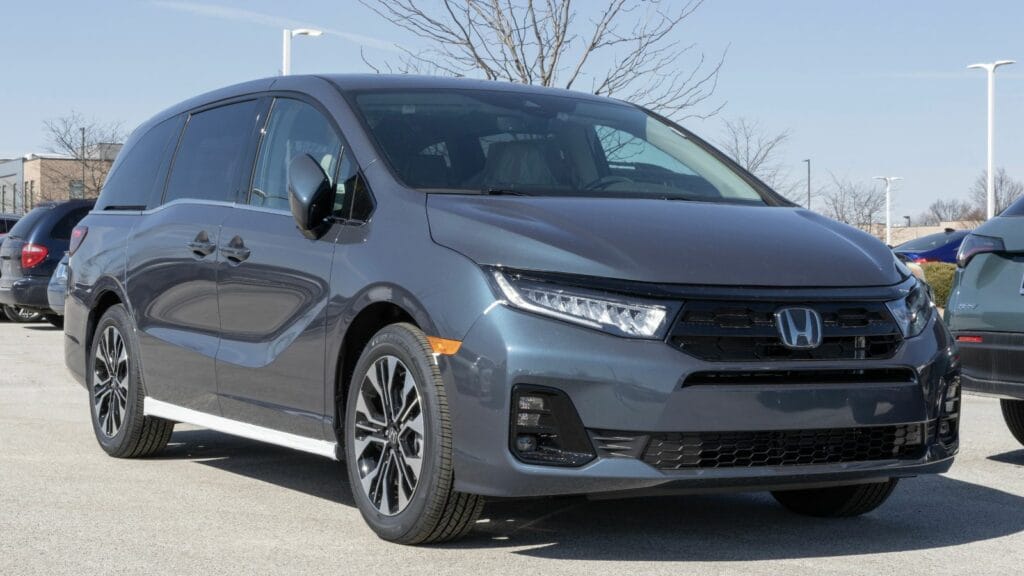Honda has long been praised in Canada for building reliable, fuel efficient cars that last forever. Civics and Accords are everywhere, and CR-Vs are among the country’s most popular SUVs. But the glowing reputation hides a few truths that many owners only discover after they’ve already signed the papers. Hondas aren’t perfect, and while they have their strengths, they also come with frustrations that dealerships don’t like to highlight. Here are twelve hidden downsides of buying a Honda that few people talk about.
Higher Prices Than Rivals
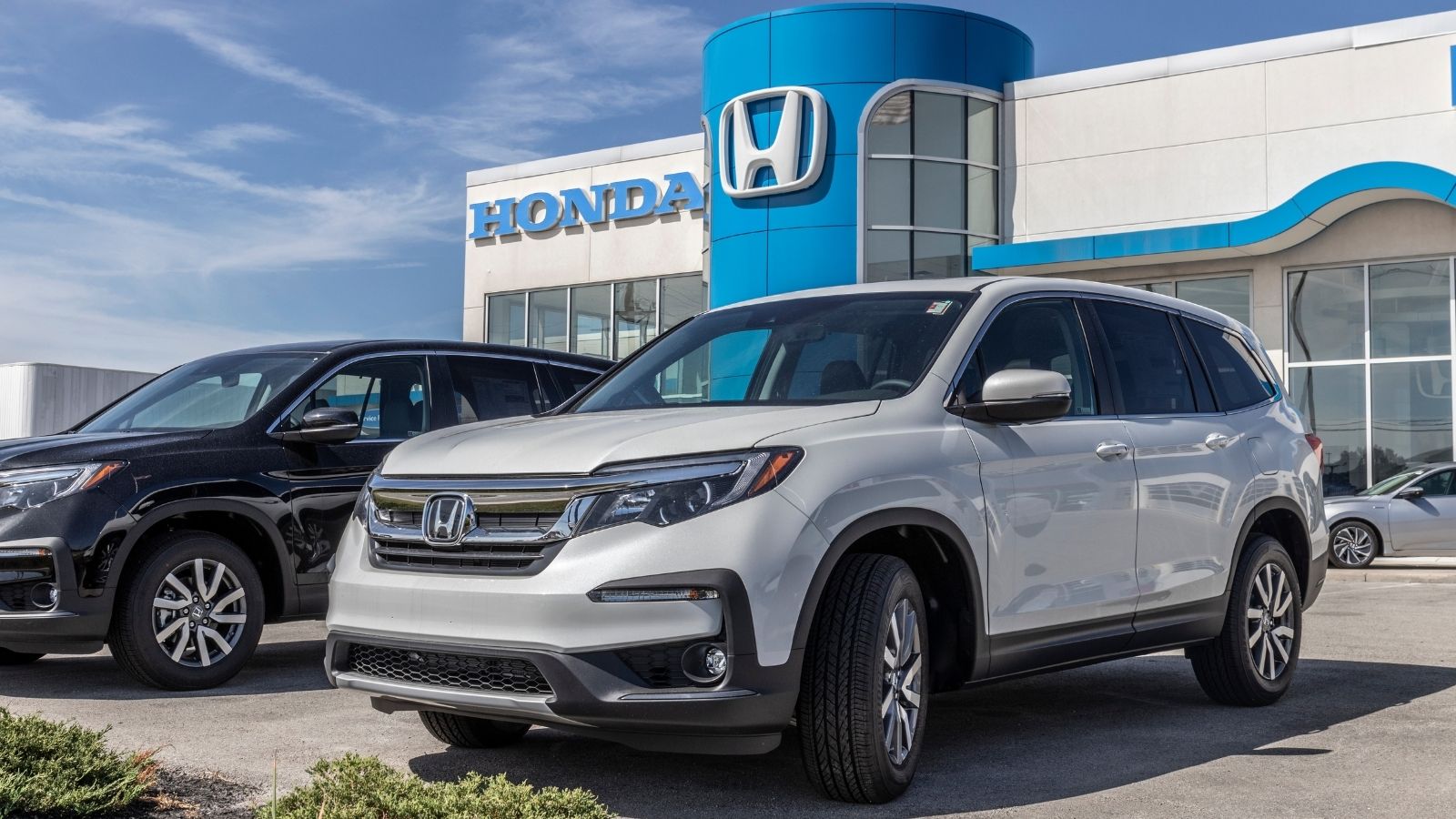
Hondas command a premium compared to many competitors. Even base models often cost more than comparable Toyotas, Hyundais, or Nissans. The brand trades heavily on its reputation, but for budget minded Canadian buyers, that higher starting price can sting, especially when cheaper cars offer similar features. In provinces where taxes are higher, like British Columbia and Quebec, that extra cost becomes even more noticeable at the dealership.
Dealer Markups and Limited Discounts
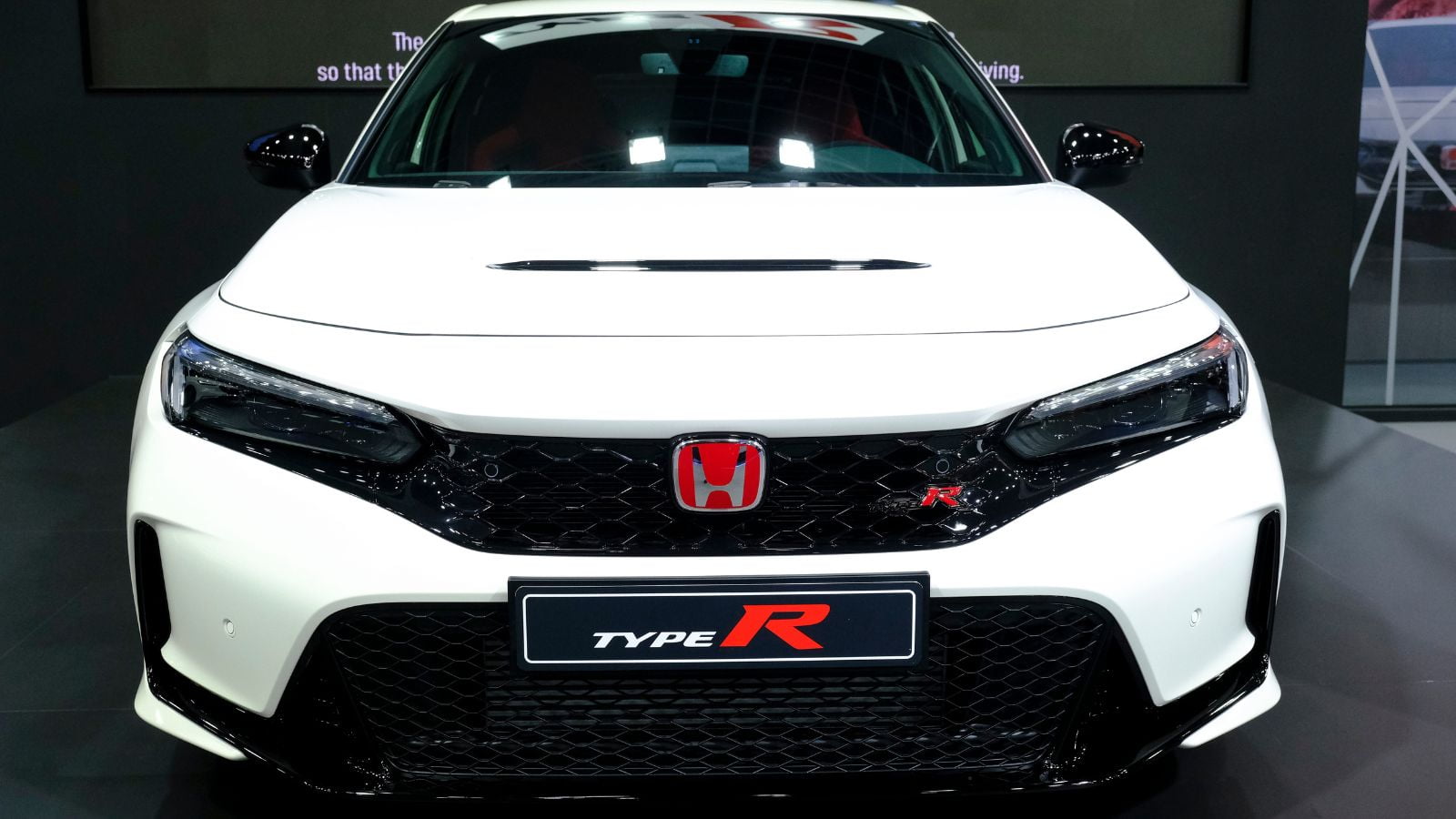
Because Hondas are so popular, dealerships in Canada rarely need to offer big incentives or discounts. In fact, demand often means dealers can mark up models above MSRP, particularly for hot trims like the Civic Type R, the CR-V Hybrid, or the Ridgeline pickup. Buyers expecting end of year clearance deals or big rebates are often shocked to find Honda dealers unwilling to budge. This leaves Canadian shoppers paying more up front while competitors offer generous incentives to lure buyers away.
Expensive Parts and Repairs
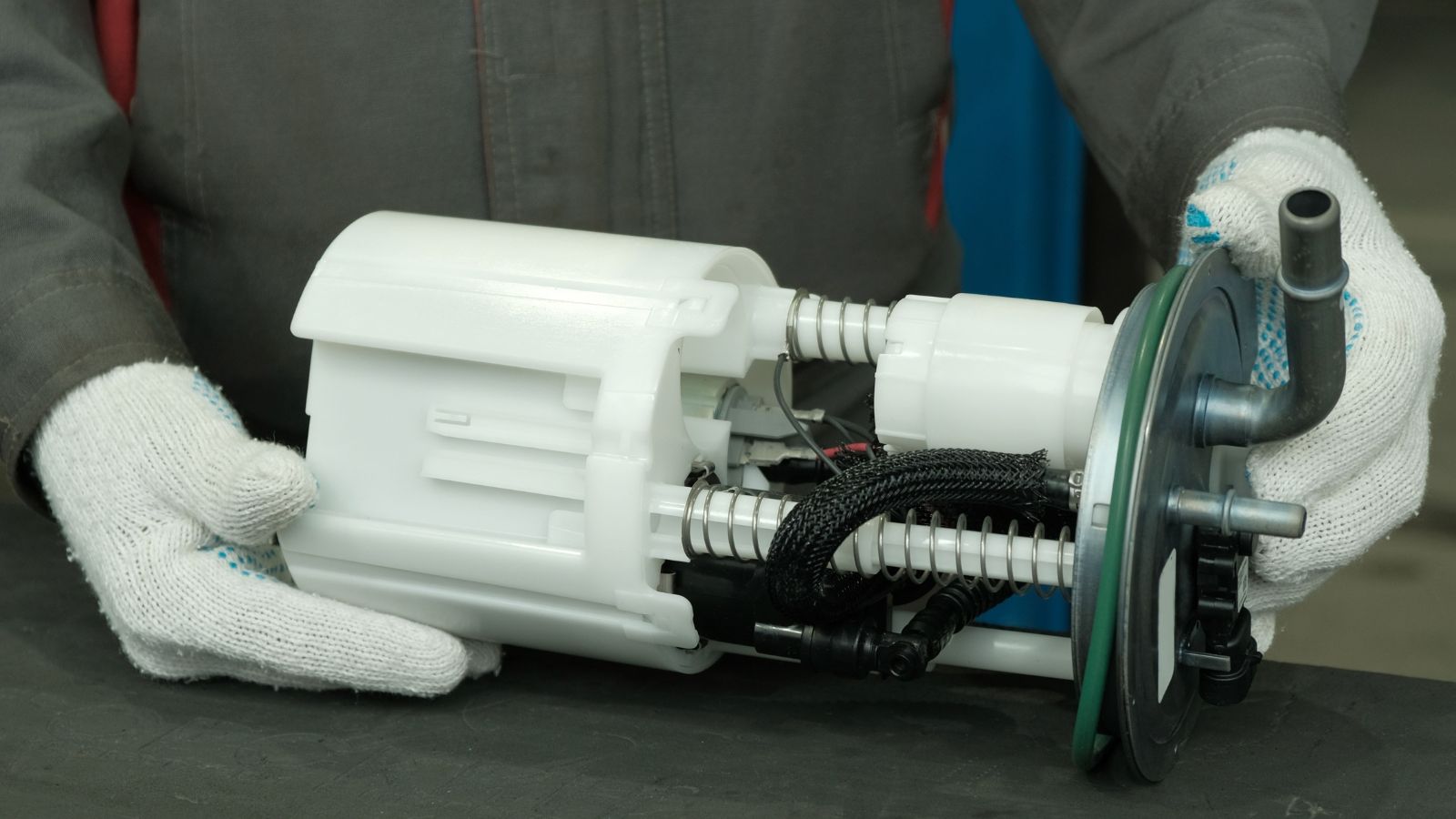
While Hondas have a well earned reputation for reliability, when things do break the repairs can be costly. Parts such as alternators, fuel pumps, and catalytic converters often cost more than similar parts for domestic brands. Labor at dealerships is also expensive, and while independent mechanics can help, some jobs require Honda specific tools or expertise. In Canadian cities where dealer service dominates, this quickly adds up to higher ownership costs compared to rival brands.
CVT Transmission Complaints
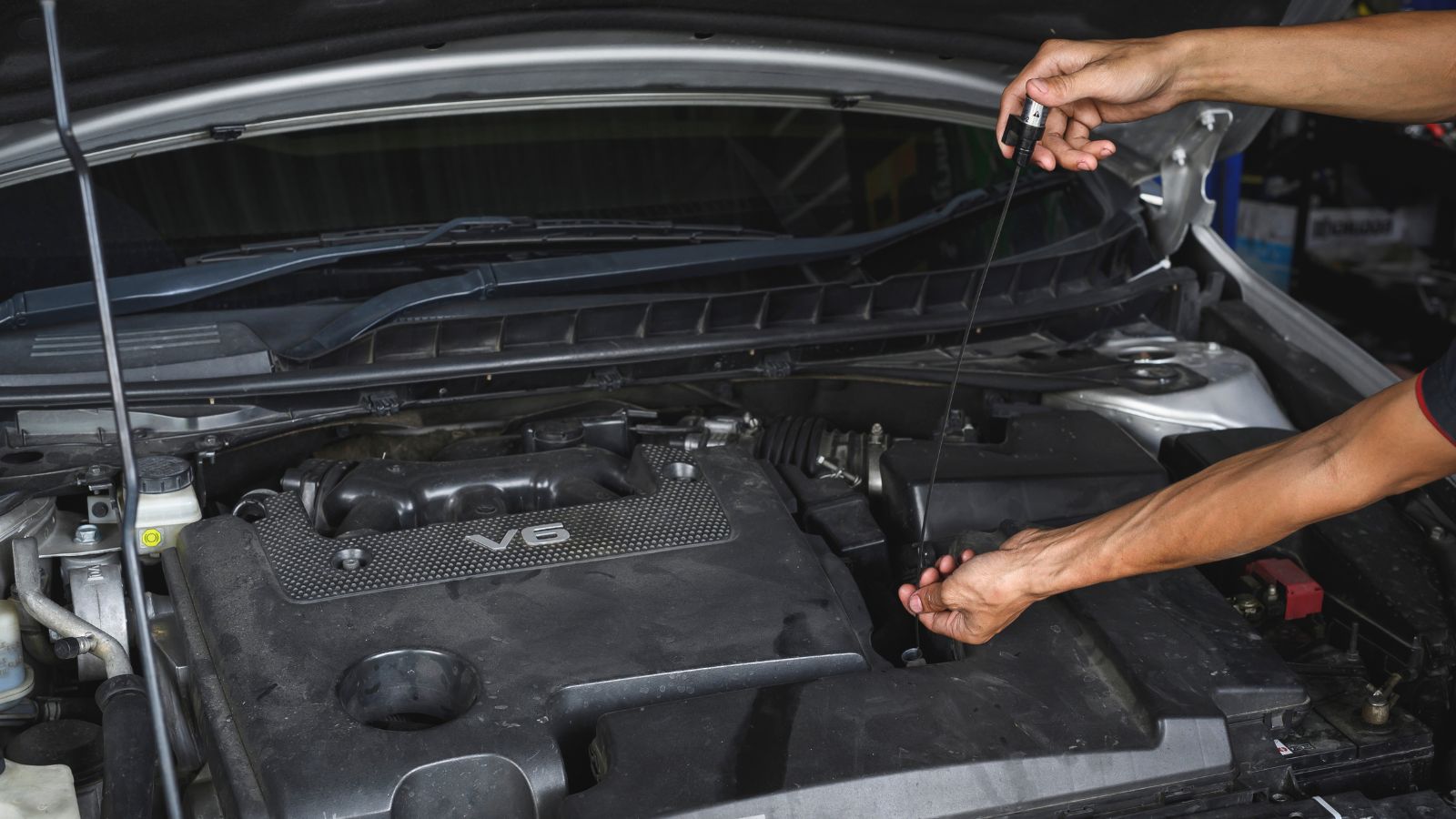
Many modern Hondas now use continuously variable transmissions. CVTs may help squeeze out better fuel economy, but they have earned criticism from Canadian drivers who find them noisy, droning, and less responsive. Some owners complain of long term durability issues, particularly when driving in hilly regions or towing. For those who grew up with Honda’s slick manual gearboxes or responsive automatics, the shift to CVTs has been a letdown.
Paint and Rust Issues
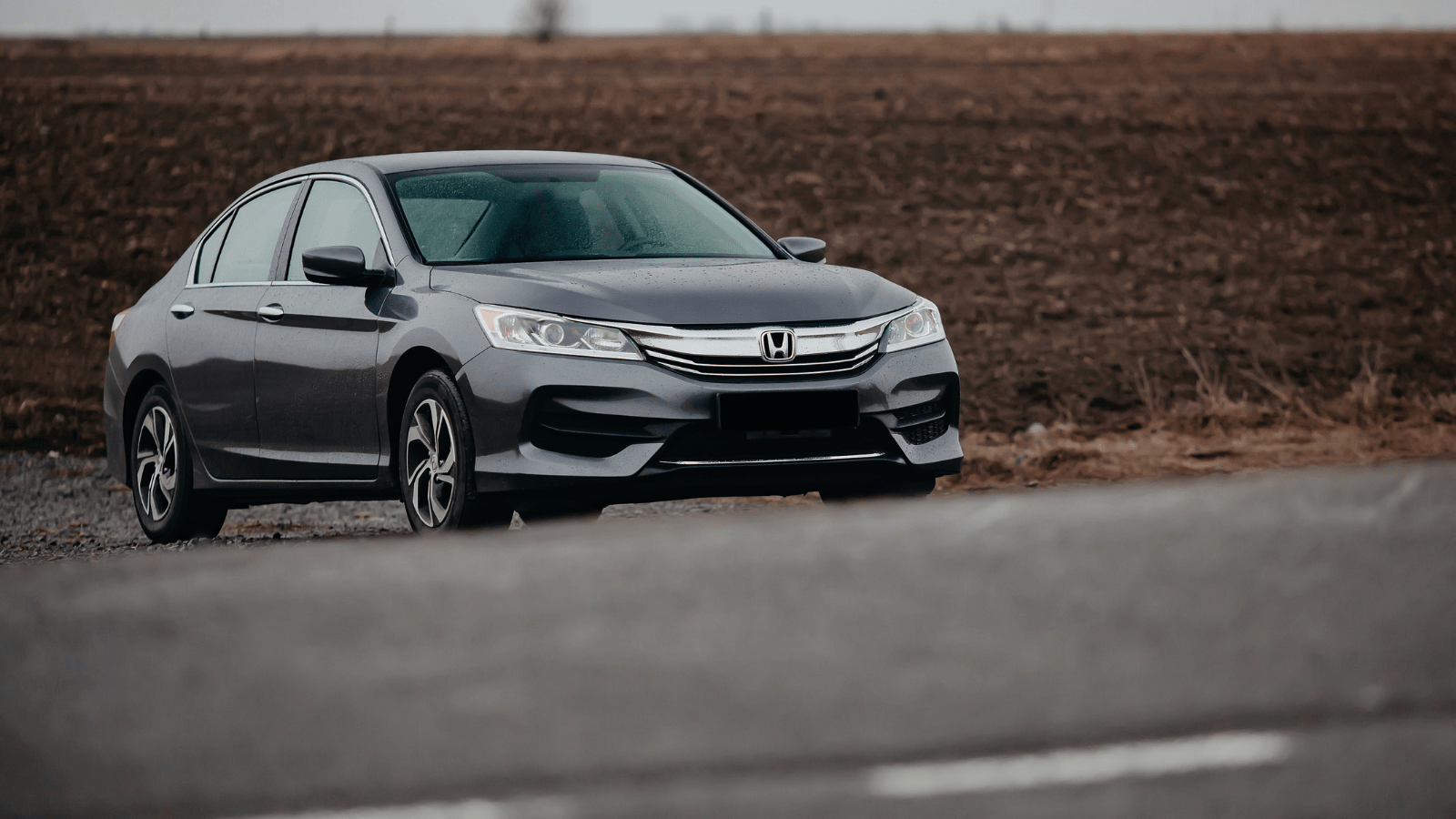
Despite Honda’s reputation, paint and rust remain major complaints across Canada. Thin paint chips easily from highway gravel, and rust often appears around wheel wells and door edges earlier than expected. In provinces that salt their roads heavily, like Ontario and Quebec, Civics and Accords often show corrosion while rival models age more gracefully. Buyers may be surprised when a car with a bulletproof reputation starts showing bubbling paint or rusty wheel arches within only a few winters.
Higher Insurance Premiums

The Honda Civic is one of the most stolen cars in Canada year after year. That fact alone drives up insurance premiums for Civic owners, especially younger drivers. Even though most Civics are never stolen, insurers build that risk into their rates. Across Ontario and Alberta, Civic owners often pay noticeably more than owners of similar compact cars like the Corolla or Mazda3, making ownership less affordable than buyers expect.
No More Manual Transmissions
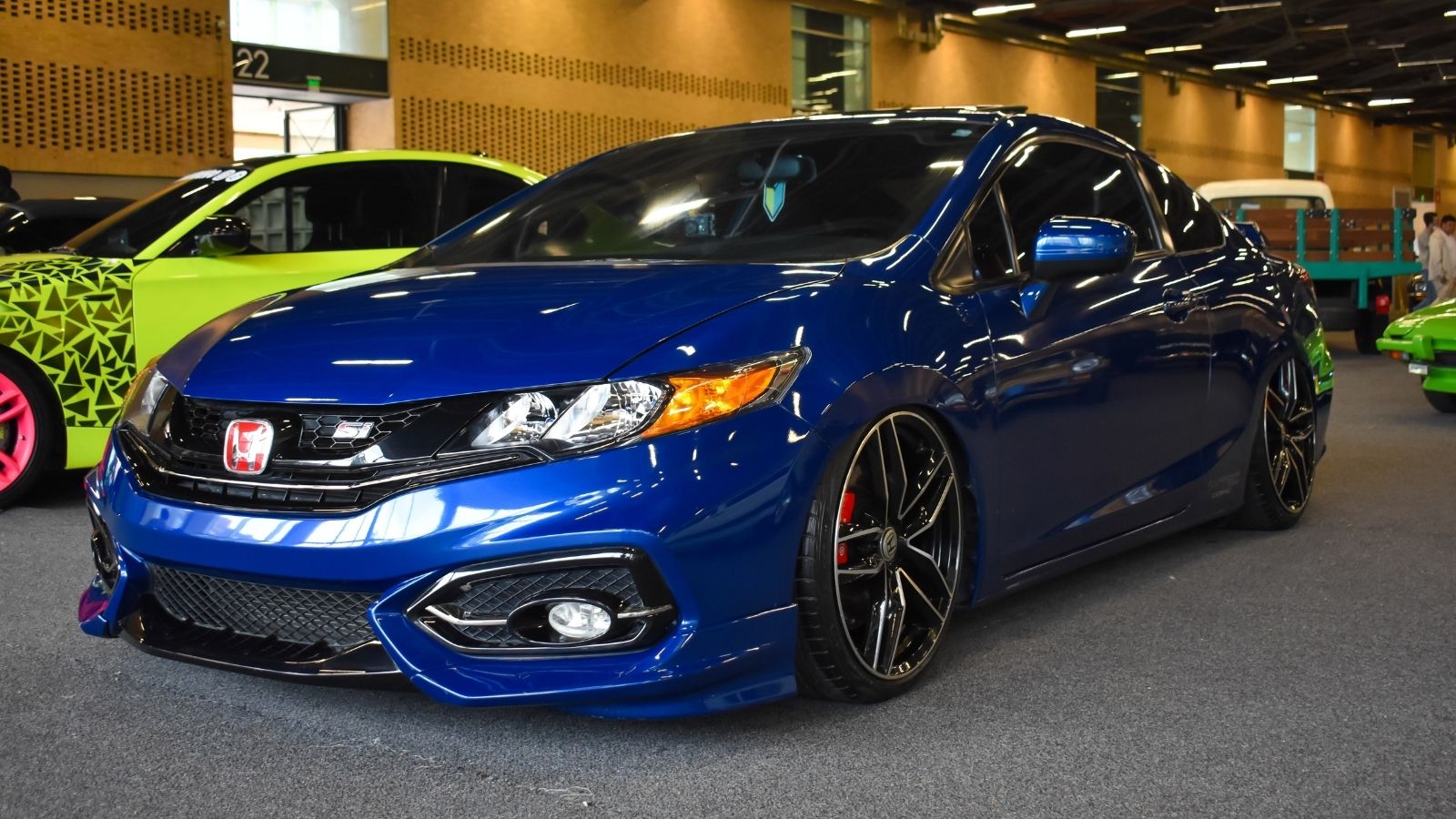
Honda built its reputation on fun, engaging cars, many of which came with manual gearboxes. Today, manuals are nearly extinct in the lineup, with the Civic Si and Type R standing as rare exceptions. Everyday models like the Accord and base Civic are CVT only. For Canadian drivers who love the control and winter performance of a manual transmission, Honda has largely abandoned them. This limits appeal for enthusiasts and reduces the brand’s character compared to its past.
Ride Comfort Can Be Harsh
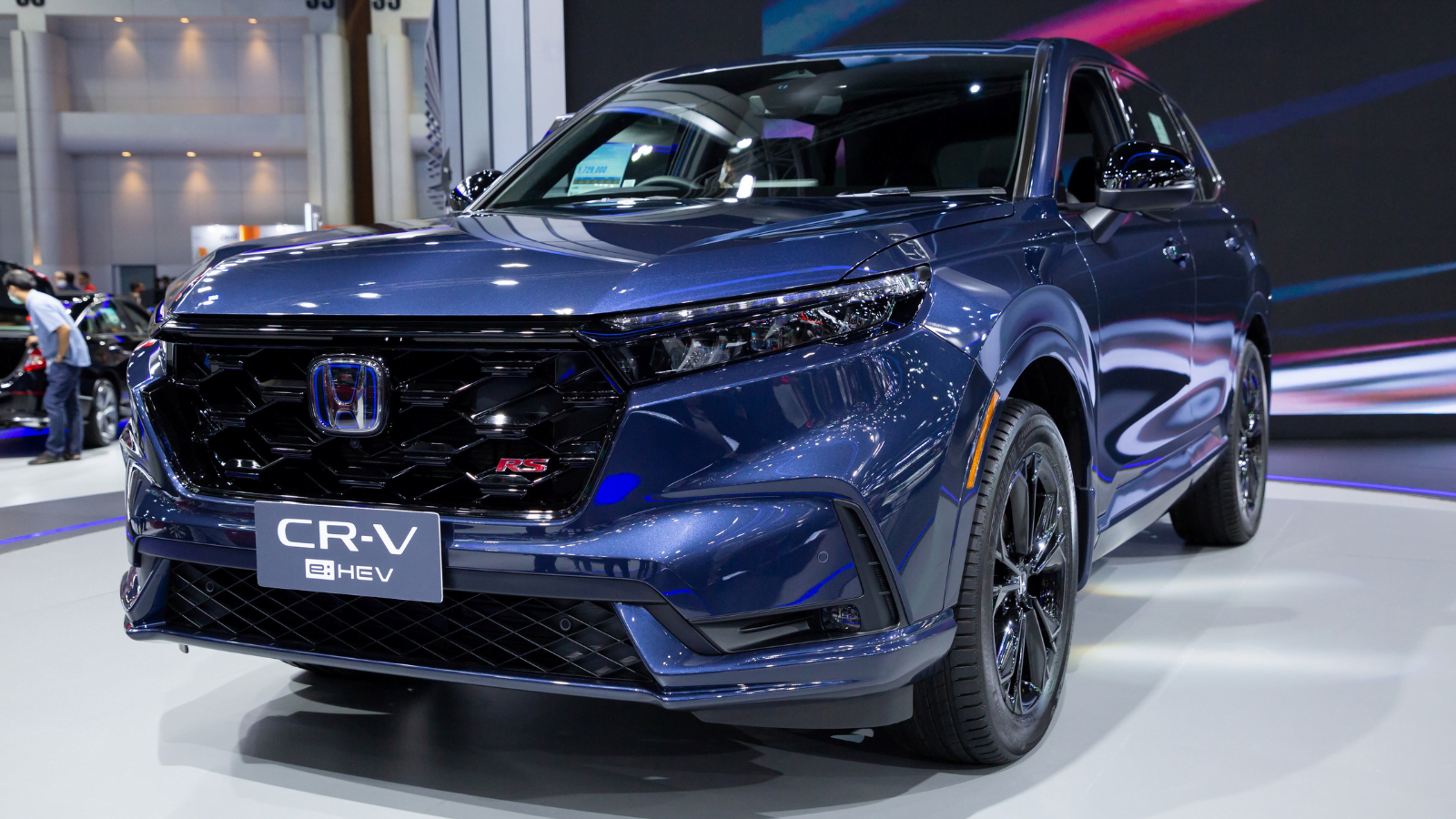
Honda engineers often tune suspensions for handling, which means ride comfort suffers. On rough Canadian roads, this becomes obvious. Potholes, frost heaves, and cracked pavement send more jolts through the cabin compared to softer riding rivals like the Toyota Corolla or Hyundai Tucson. Road noise is another issue, with Civics and CR-Vs often criticized for being louder at highway speeds than competitors. For long distance commuters, this harshness grows tiring over time.
Tech Isn’t Always User Friendly
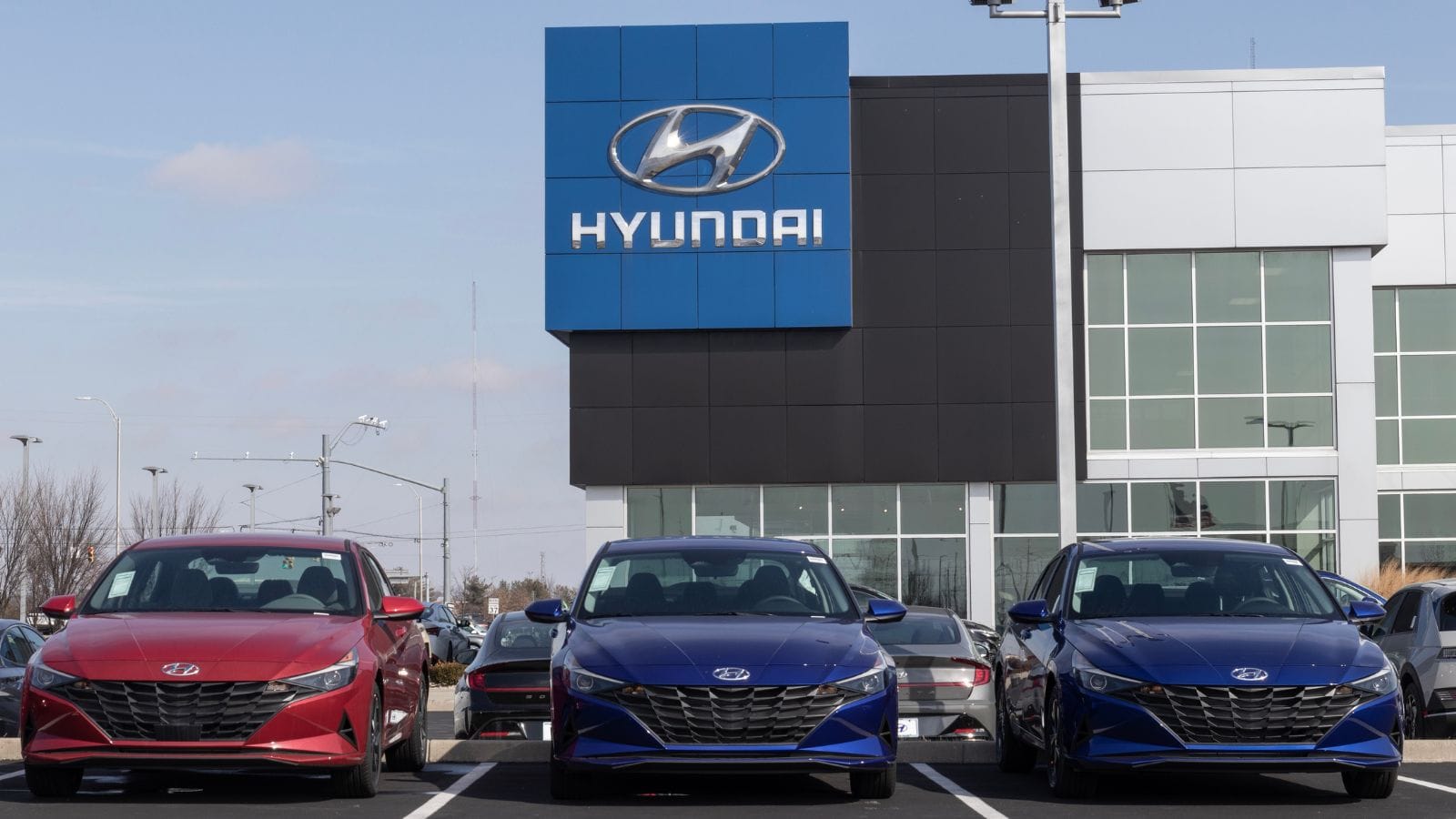
Honda’s infotainment systems have consistently been criticized for laggy response times, unintuitive menus, and awkward controls. Some models have gone through redesigns, but complaints persist that the systems feel behind the times compared to Hyundai, Kia, or even Mazda. Canadian buyers who expect cutting edge technology often find themselves frustrated by clunky software and small glitches that sour the ownership experience.
Fuel Economy Can Be Overhyped
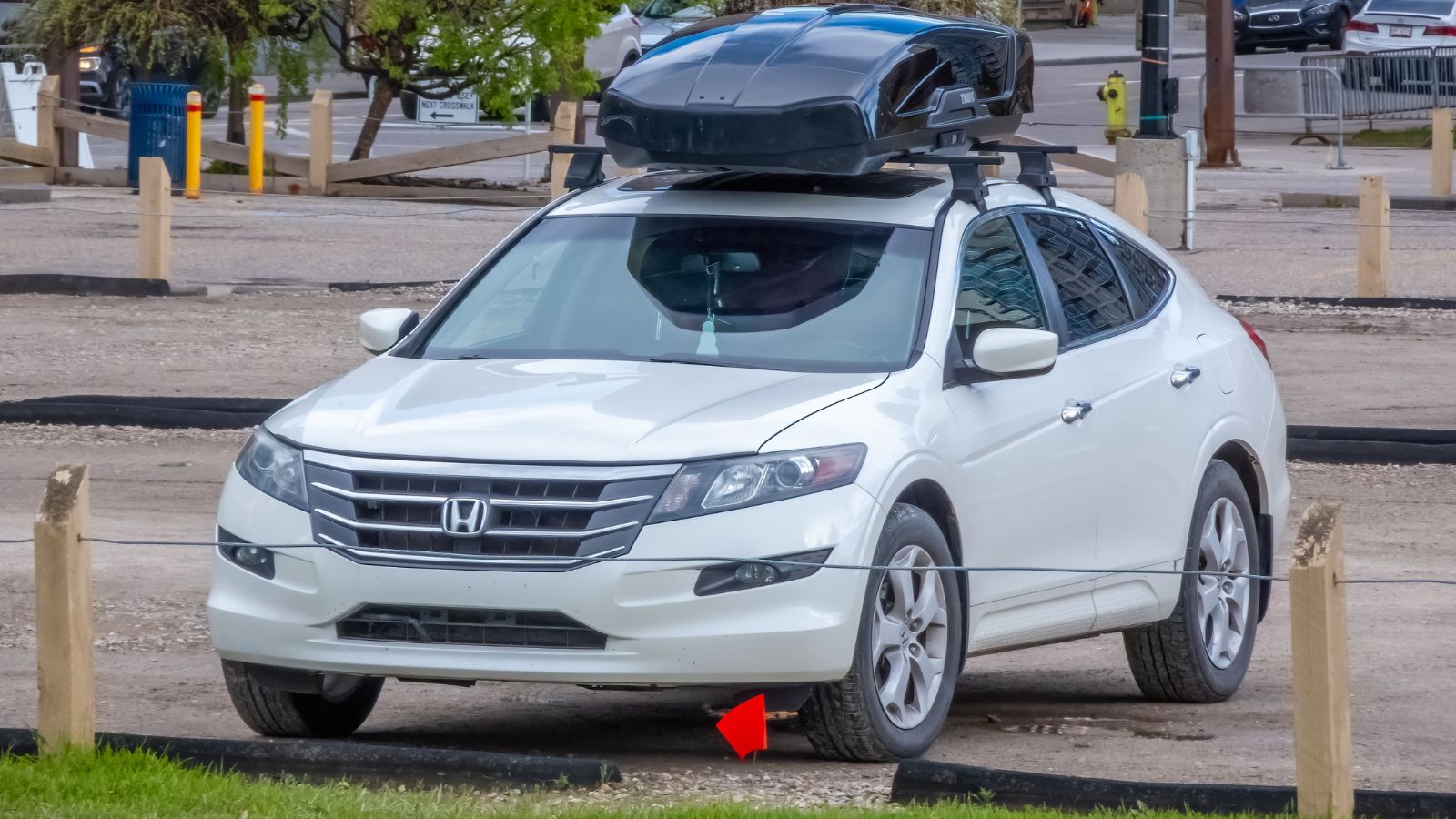
Honda has long been associated with fuel efficiency, but in real world Canadian driving, numbers often fall short of expectations. Cold weather reduces efficiency noticeably, particularly in provinces with harsh winters like Manitoba or Saskatchewan. Highway mileage can also disappoint, as CVTs keep engines droning at higher revs than buyers expect. While Hondas are efficient, they are not always the class leaders they once were, and this gap shows when compared directly to Toyota hybrids or Korean competitors.
Limited All Wheel Drive Options
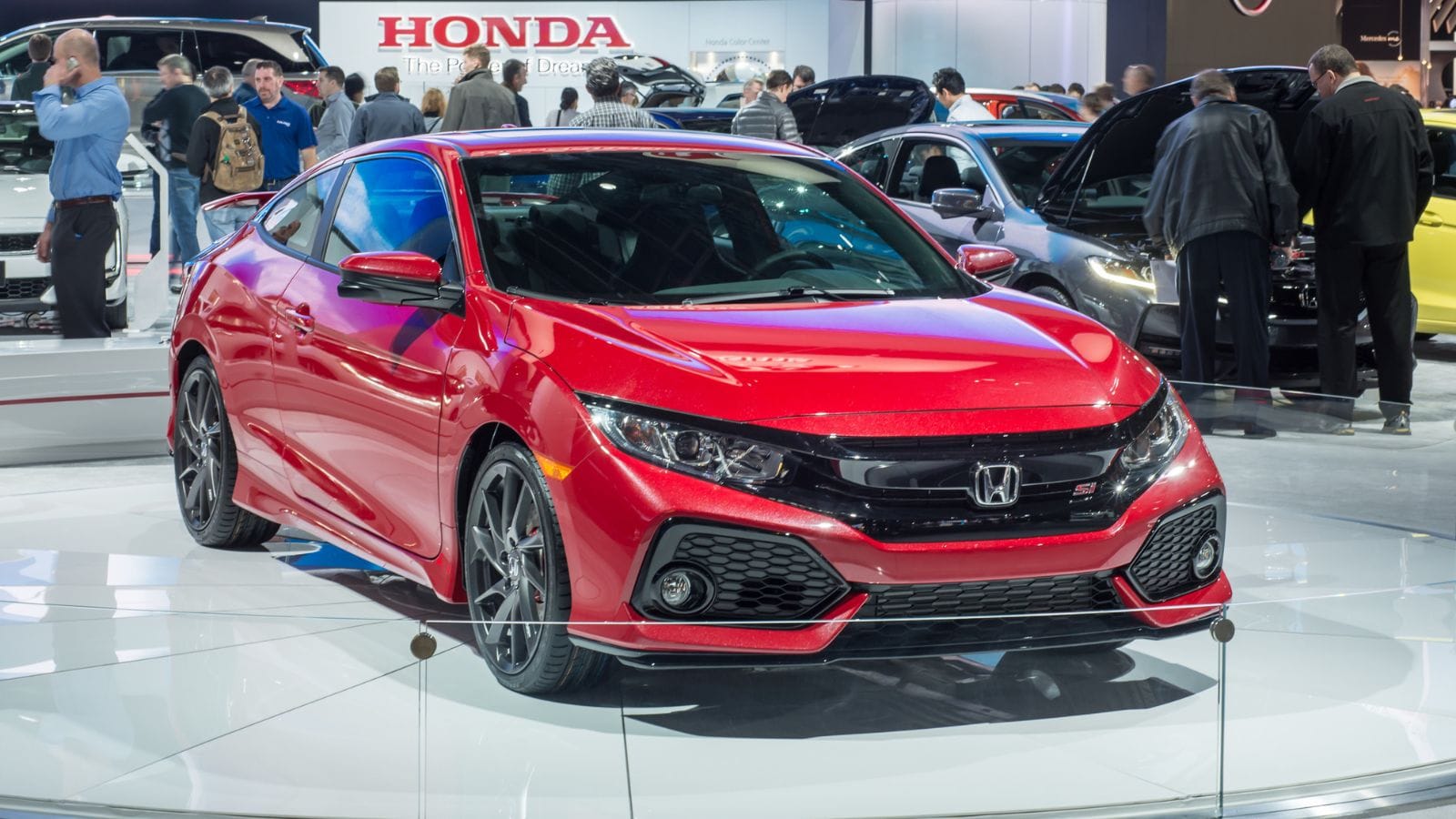
Many Canadian buyers insist on all wheel drive for confidence in snow and ice. Unfortunately, Honda only offers it on certain models like the CR-V and Pilot. Sedans like the Civic and Accord remain front wheel drive only. Competitors such as Subaru, which offers standard all wheel drive across almost its entire lineup, have a clear advantage in snowy regions. Buyers in provinces with heavy winters often cross Hondas off their list because of this limitation.
Resale Isn’t Always Perfect
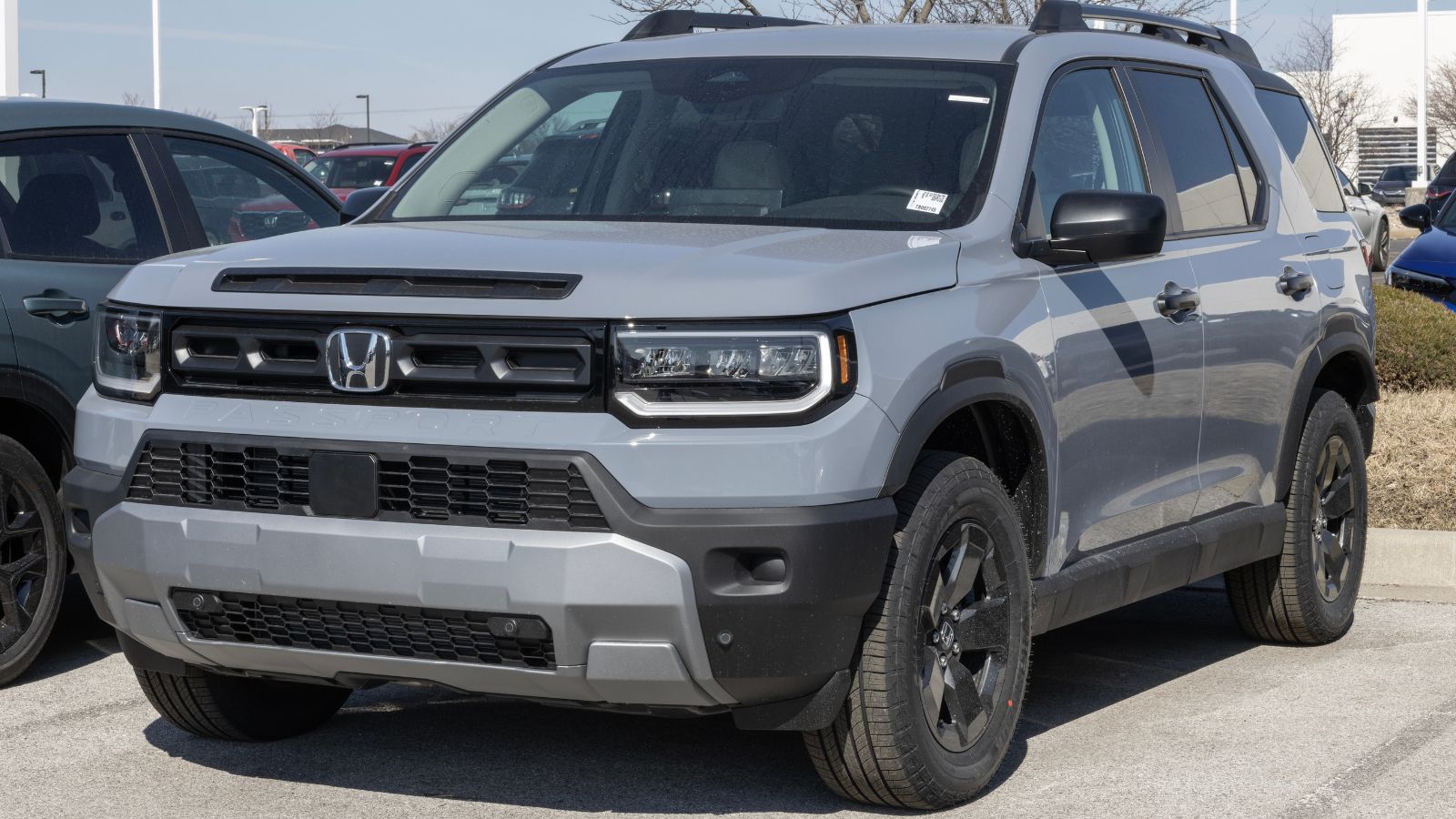
While Civics and CR-Vs hold their value extremely well, not all Hondas enjoy the same reputation. Models like the Passport, Ridgeline, or Insight hybrid depreciate much faster, leaving owners with disappointing trade in values. Buyers who assume every Honda will retain strong resale are often surprised when less popular models lose value quickly. In Canada, where used car shoppers are picky and focus on proven nameplates, owning the wrong Honda can be a financial letdown.
What Canadian Buyers Should Keep in Mind

Honda continues to build good vehicles, but the ownership experience is not flawless. Higher upfront costs, pricey repairs, rust issues, CVT complaints, and steep insurance premiums can all catch Canadian drivers off guard. Limited all wheel drive choices and inconsistent resale performance further complicate the picture. While many Hondas remain popular for good reason, the hidden downsides are real and should be weighed carefully before buying. For Canadians who expect the perfect blend of value, comfort, and reliability, the Honda badge is no longer a guaranteed answer.
25 Facts About Car Loans That Most Drivers Don’t Realize

Car loans are one of the most common ways people fund car purchases. Like any other kind of loan, car loans can have certain features that can be regarded as an advantage or a disadvantage to the borrower. Understanding all essential facts about car loans and how they work to ensure that you get the best deal for your financial situation is essential. Here are 25 shocking facts about car loans that most drivers don’t realize:
25 Facts About Car Loans That Most Drivers Don’t Realize
